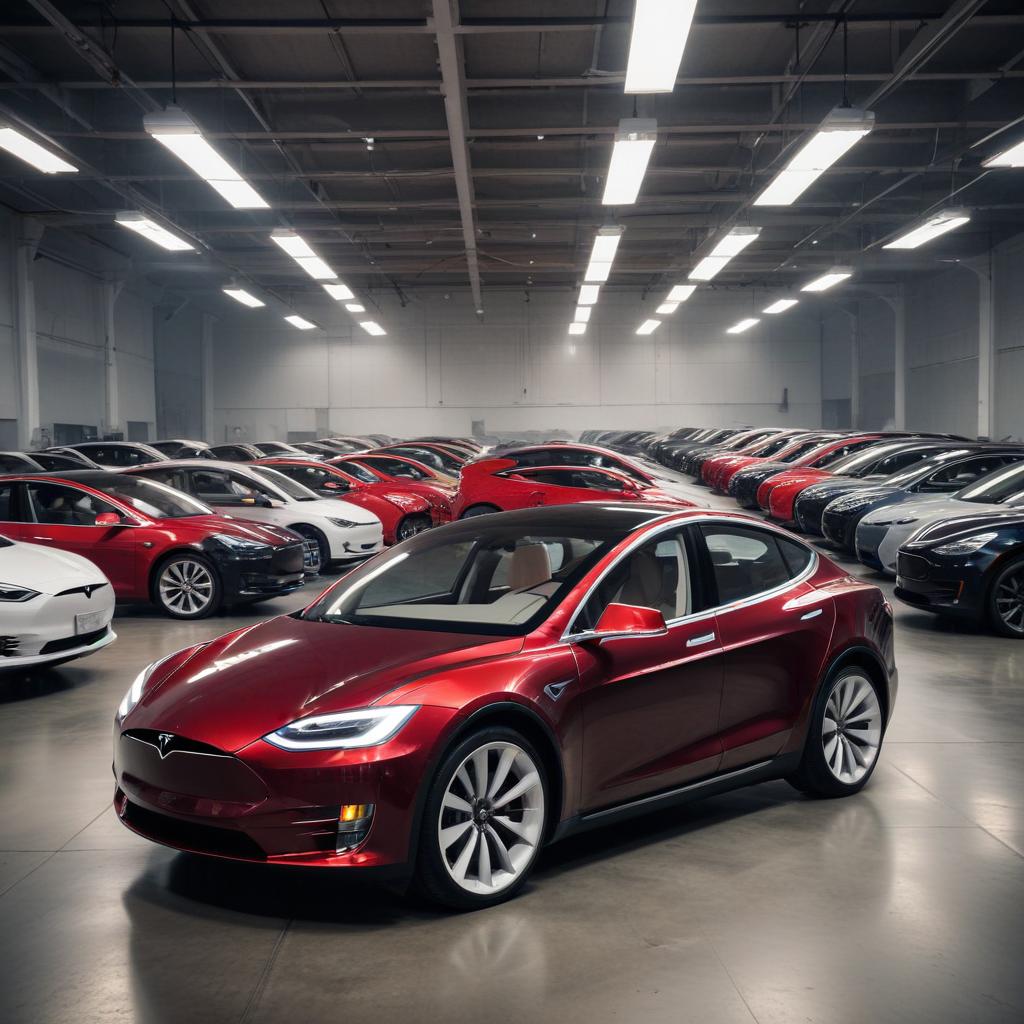Tesla reported a 7% increase in Q3 car sales, surprising analysts after a year of declines linked to Elon Musk's controversial political views. However, the jump is largely attributed to an expiring tax credit, and skepticism remains about a true turnaround, especially as rivals saw even greater growth.
Tesla announced a 7% jump in car sales for the third quarter, reaching 497,099 vehicles, exceeding analyst expectations. This comes after a year of declining sales, largely attributed to consumer backlash against CEO Elon Musk's embrace of controversial political figures and far-right ideologies. The sales increase, however, is heavily qualified by the rush of consumers to utilize a $7,500 EV tax credit before its September 30 expiration, a factor that boosted sales for all EV manufacturers, with rivals like Rivian seeing an even larger 32% increase. Despite an initial stock surge, Tesla's shares later fell as financial analysts expressed skepticism, viewing the sales bump as a 'blip' rather than a genuine turnaround, given Musk's ongoing controversies. His continued involvement in political and social 'wars,' such as criticizing Netflix and supporting far-right politicians in Europe, continues to alienate potential buyers. Investors, however, remain cautiously optimistic, betting on future products like a cheaper Model Y, the planned robotaxi service, and Optimus robots. This optimism, coupled with a proposed $1 trillion pay package for Musk tied to performance goals, has driven the stock higher recently, despite previous financial figures showing a 16% profit drop and market share loss. The article highlights Musk's past political involvement, the severe backlash in Europe, and challenges with the robotaxi launch, underscoring the complex factors influencing Tesla's performance.



